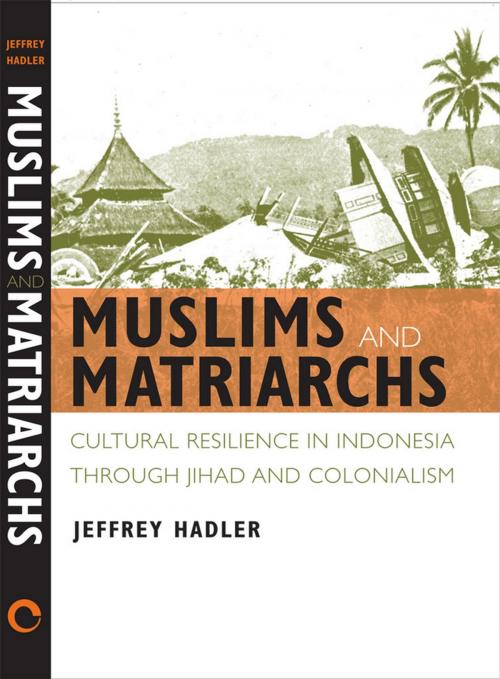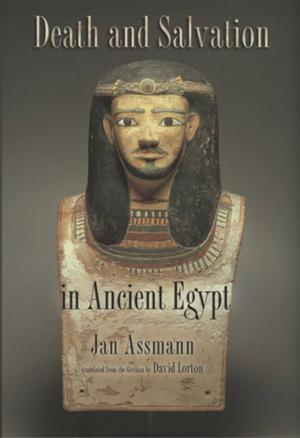Muslims and Matriarchs
Cultural Resilience in Indonesia through Jihad and Colonialism
Nonfiction, History, Asian, Southeast Asia| Author: | Jeffrey Hadler | ISBN: | 9780801468698 |
| Publisher: | Cornell University Press | Publication: | December 15, 2009 |
| Imprint: | Cornell University Press | Language: | English |
| Author: | Jeffrey Hadler |
| ISBN: | 9780801468698 |
| Publisher: | Cornell University Press |
| Publication: | December 15, 2009 |
| Imprint: | Cornell University Press |
| Language: | English |
Muslims and Matriarchs is a history of an unusual, probably heretical, and ultimately resilient cultural system. The Minangkabau culture of West Sumatra, Indonesia, is well known as the world's largest matrilineal culture; Minangkabau people are also Muslim and famous for their piety. In this book, Jeffrey Hadler examines the changing ideas of home and family in Minangkabau from the late eighteenth century to the 1930s.
Minangkabau has experienced a sustained and sometimes violent debate between Muslim reformists and preservers of indigenous culture. During a protracted and bloody civil war of the early nineteenth century, neo-Wahhabi reformists sought to replace the matriarchate with a society modeled on that of the Prophet Muhammad. In capitulating, the reformists formulated an uneasy truce that sought to find a balance between Islamic law and local custom. With the incorporation of highland West Sumatra into the Dutch empire in the aftermath of this war, the colonial state entered an ongoing conversation.
These existing tensions between colonial ideas of progress, Islamic reformism, and local custom ultimately strengthened the matriarchate. The ferment generated by the trinity of oppositions created social conditions that account for the disproportionately large number of Minangkabau leaders in Indonesian politics across the twentieth century. The endurance of the matriarchate is testimony to the fortitude of local tradition, the unexpected flexibility of reformist Islam, and the ultimate weakness of colonialism. Muslims and Matriarchs is particularly timely in that it describes a society that experienced a neo-Wahhabi jihad and an extended period of Western occupation but remained intellectually and theologically flexible and diverse.
Muslims and Matriarchs is a history of an unusual, probably heretical, and ultimately resilient cultural system. The Minangkabau culture of West Sumatra, Indonesia, is well known as the world's largest matrilineal culture; Minangkabau people are also Muslim and famous for their piety. In this book, Jeffrey Hadler examines the changing ideas of home and family in Minangkabau from the late eighteenth century to the 1930s.
Minangkabau has experienced a sustained and sometimes violent debate between Muslim reformists and preservers of indigenous culture. During a protracted and bloody civil war of the early nineteenth century, neo-Wahhabi reformists sought to replace the matriarchate with a society modeled on that of the Prophet Muhammad. In capitulating, the reformists formulated an uneasy truce that sought to find a balance between Islamic law and local custom. With the incorporation of highland West Sumatra into the Dutch empire in the aftermath of this war, the colonial state entered an ongoing conversation.
These existing tensions between colonial ideas of progress, Islamic reformism, and local custom ultimately strengthened the matriarchate. The ferment generated by the trinity of oppositions created social conditions that account for the disproportionately large number of Minangkabau leaders in Indonesian politics across the twentieth century. The endurance of the matriarchate is testimony to the fortitude of local tradition, the unexpected flexibility of reformist Islam, and the ultimate weakness of colonialism. Muslims and Matriarchs is particularly timely in that it describes a society that experienced a neo-Wahhabi jihad and an extended period of Western occupation but remained intellectually and theologically flexible and diverse.















